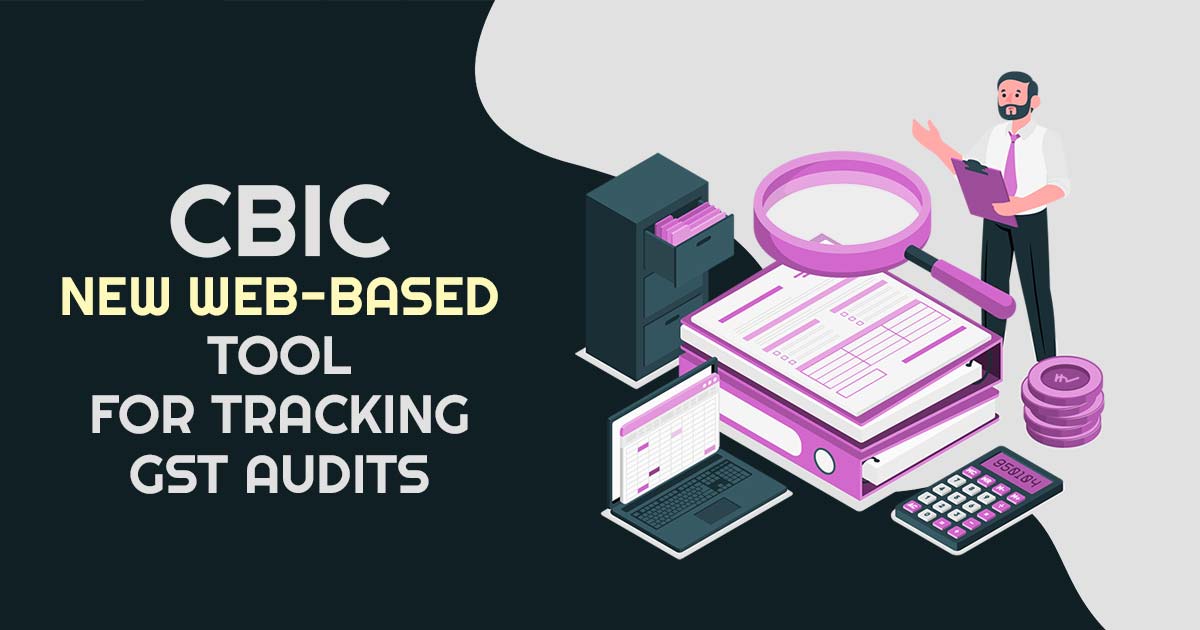
Central Board of Indirect Taxes and Customs (CBIC) made the system for online GST audit tracking via tax officials all over the country for proper audit procedures.
GST audits would start in the same year and would be managed by the tax authority mentioning a proper process for ensuring satisfactory tax returns while the same but did not want to surpass via officials.
CBIC, in the commissionerate, meets all over the country in charge of audits in the current month and a web-based tool for tracking the audit would be developed including a dashboard as per the update published on the CBIC website.
CBICs audit of GST returns is now speedy post the same has given additional time to file the annual returns in the covid duration. The same would have liberalized the norms concerning GST annual returns and reconciliation statements for small businesses. It is critical to monitor the audits of tax authorities online mentioned that the same would eager to ensure that there would be no leakage of revenue ensuring that the procedure of the audit does not get loaded on the assessees.
Since the start of GST 2017, the tax return filing under GST would have been revised significantly which shows that more economic activity and transactions would not be notified beneath the indirect tax system.
The audit of the companies via GST heads is a spur to GST audit that companies exclude the small ones performing. Tax professionals notify a rise in businesses asking the advice on the GST problem that comes from the departmental audits.
Various instances of audits have been started via mismatches between the automatically generated returns of buying raw materials and services and the tax returns furnished via businesses specifying the transaction summary that forms the grounds for filing taxes.
In the former year, the GST heads liberalized the norms by waiving the provision for compulsory audit of yearly returns for businesses posing sales of Rs 2 cr or more and introduced the self-certification of the reconciliation statement for those with Rs 5 cr sales or exceeds substituting the certification required via a chartered or cost accountant. voluntary compliance is the purpose for the same concept.